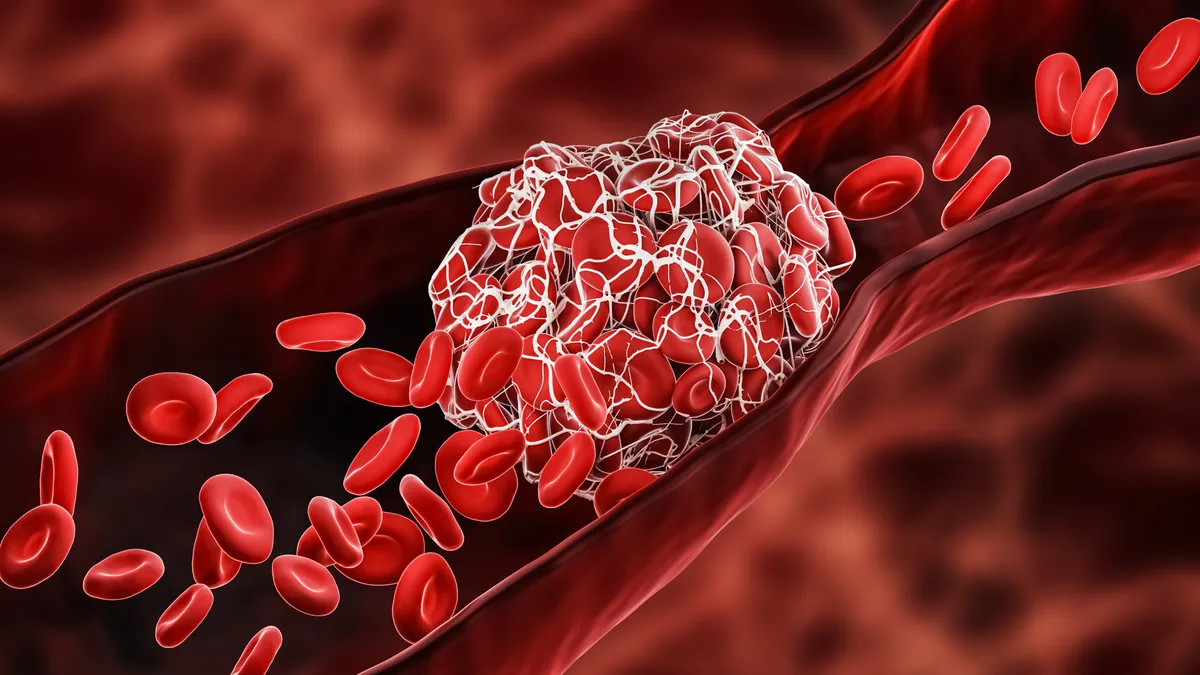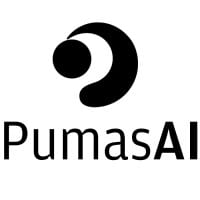Dive Brief:
- Bayer’s experimental blood thinner asundexian met its main goal in a closely watched Phase 3 stroke prevention trial, reducing the recurrence of a stroke in people who took the therapy along with standard treatments. The trial compared treatment with a combination of asundexian and an antiplatelet therapy against a placebo and the same antiplatelet treatment.
- The German-based company didn’t release detailed data, stating that researchers will disclose them at an upcoming medical meeting while company executives discuss them with regulators ahead of possible approval applications.
- Results of the trial lifted optimism for asundexian's drug class, called Factor XIa inhibitors, following a series of clinical setbacks. Most recently, a rival drug missed its main goal in a trial of people who’d had a recent heart attack.
Dive Insight:
The spotlight has been on Factor XIa inhibitors as the next big innovation in cardiovascular medicine, with drugmakers and researchers hoping they will prove safer and more effective than aging franchises like Bristol Myers Squibb’s Eliquis. These drugs, which include asundexian, Bristol Myers and Johnson & Johnson’s milvexian and Novartis’ abelacimab, block a protein involved in forming blood clots but is believed to be less essential in stopping bleeding.
The balancing act in preventing stroke or any acute cardiovascular episode due to blood vessel blockages is in suppressing clotting without raising the risk that people will have uncontrolled bleeding incidents. In people who have irregular heartbeats, Eliquis is able to do just that — better than an older drug called warfarin or aspirin.
In treating people who’ve already had one stroke that wasn’t caused by an irregular heartbeat, in a setting called secondary prevention, doctors use one or two drugs to thin the blood, known as antiplatelet medications. The drugs used include aspirin, clopidogrel, AstraZeneca’s Brilinta and Eli Lilly’s Effient.
In the trial called Oceanic Stroke, Bayer aimed to measure whether adding asundexian to the mix would help, testing it against a placebo in over 12,000 people. The company said the experimental drug “reduced the risk of ischemic stroke compared to placebo” and added that its addition didn’t increase the risk of major bleeding episodes.
Bayer’s German-listed shares rose more than 12% following the news, changing hands at about 31 euros apiece. Two years ago, Bayer terminated a head-to-head trial of asundexian against Eliquis in people with irregular heartbeats, an early Phase 3 readout that cast some doubt over the promise of Factor XIa inhibitors.
Milvexian’s failure in acute coronary syndrome earlier this month didn’t boost optimism, but the asundexian results may reverse some of the doubt.
“After a string of class setbacks, this is a needed win,” wrote Cantor Fitzgerald analyst Carter Gould, who covers Bristol Myers, in a note to clients.
Bristol Myers and J&J are expecting milvexian’s Phase 3 trials in people with irregular heartbeats, as well as secondary stroke prevention, in the fourth quarter of 2026. Bristol Myers’ shares rose 5% in morning trading.















